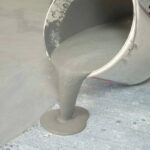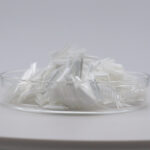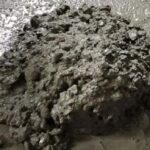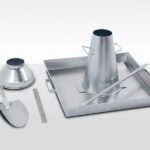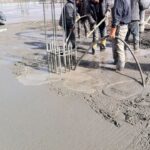Retarders for concrete and Effects on Properties。
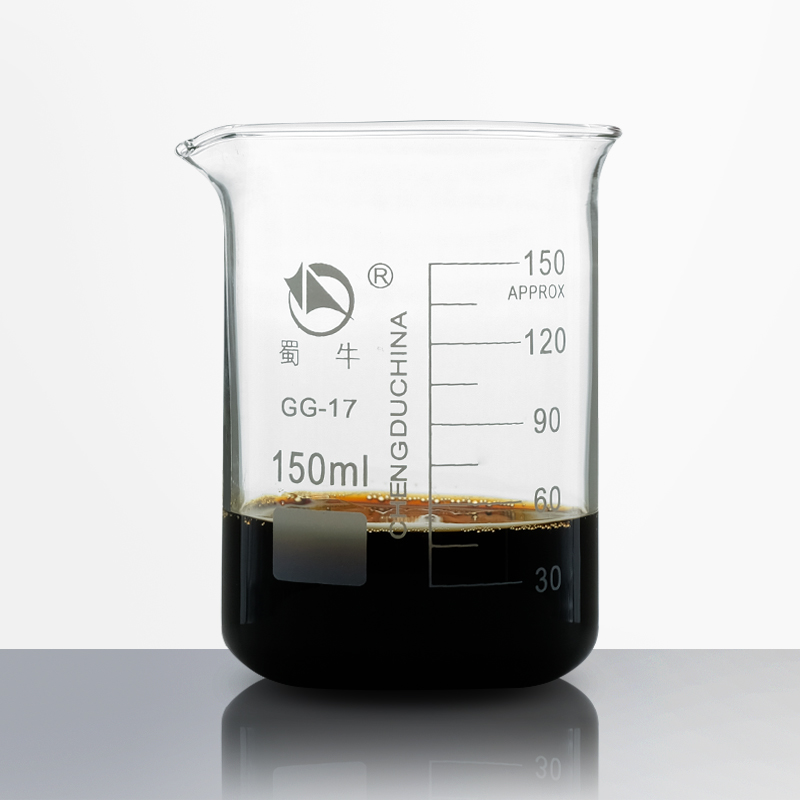
Retarders for concrete are used to delay the initial setting time of the concrete upto an hour. They are generally used in the hot weather condition to counter the rapid hardening due to high temperature, thus allowing the time for mixing, transporting and placing. Retarders also acts as water reducers.
In this article we discuss about effect of retarders on concrete properties and advantages.
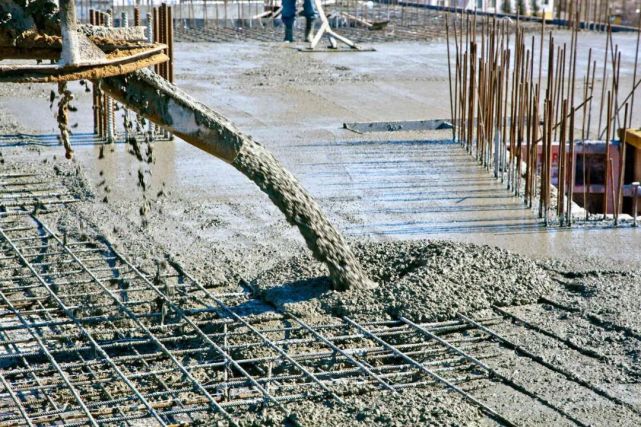
Effects of Retarding Admixtures on Properties of Concrete
1. Strength change
The initial compressive strength of a concrete to which retarding admixtures are added, is lower than the compressive strength of a similar concrete which was not treated with retarding admixtures.
2. Workability and Rheological Values
Retarding admixtures also have a small influence on the workability of concrete. They can cause an increase of initial slump by 60-100mm.
3. Reducing Slump Loss
Retarding admixtures have proven to be very effective in reducing slump loss and in this way increasing the initial workability.
4. Air Entrainment
Retarding admixtures do not normally entrain air but there are some types of retarders that do. Especially these based on hydroxycarboxylic acid may actually reduced air content.
5. Freeze-Thaw Cycles
Air entraining admixtures are often used to improve the freeze-thaw resistance of concrete. When the water in the concrete starts freezing, the air cells function as microscopic expansion chambers for the freezing water.

6. Bleeding
Since retarding admixtures delay the beginning of the setting process, retarded concretes are always more likely to bleed.
7. Heat of Hydration
Retarding admixtures do not reduce the heat output of concrete but delay the rise of the peak temperature by a time interval similar to the one by which the concrete was retarded.
8. Volume Deformation
Creep and drying shrinkage are not significantly affected by the inclusion of retarding admixtures but plastic shrinkage may be slightly increased.
9. Durability
If concrete is correctly cured, retarded concrete should be just as durable as equivalent plain concrete.
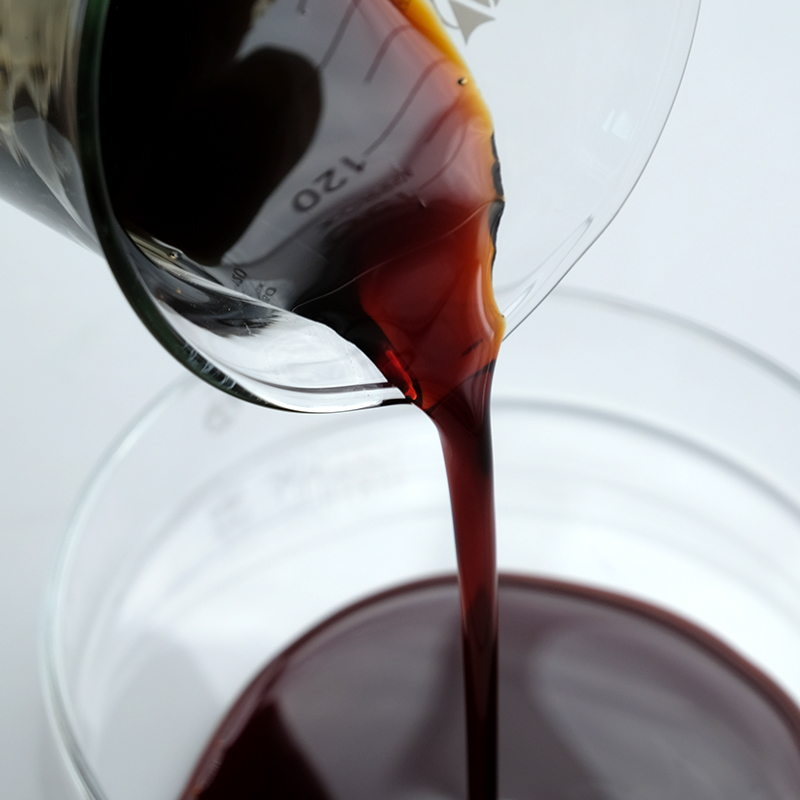
Advantages of Retarder in Concrete
- Complex concrete placement or grouting.
- Special architectural surface finish : exposed aggregate finish.
- Compensating the accelerating effect of high temperature towards the initial set.
- Preventing cold joint formation in successive lifts.
- Wide adaptability


